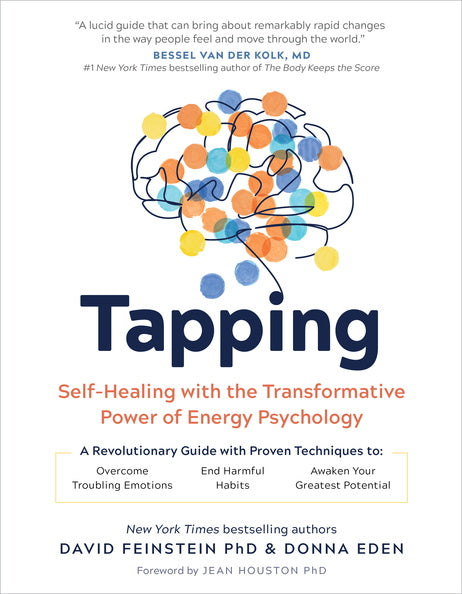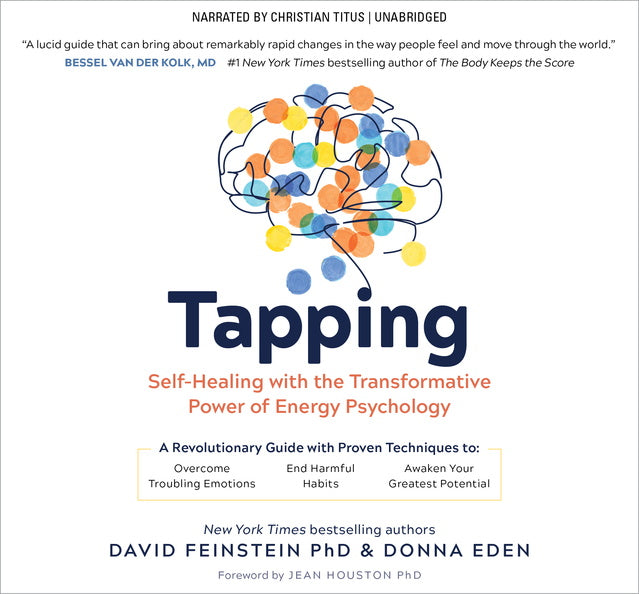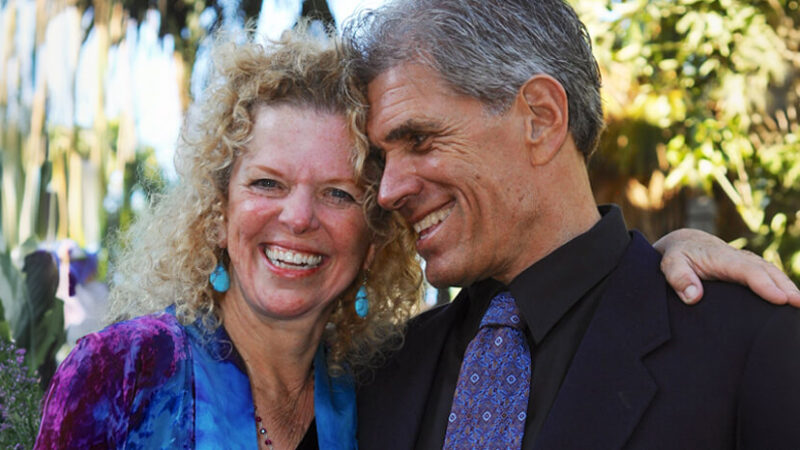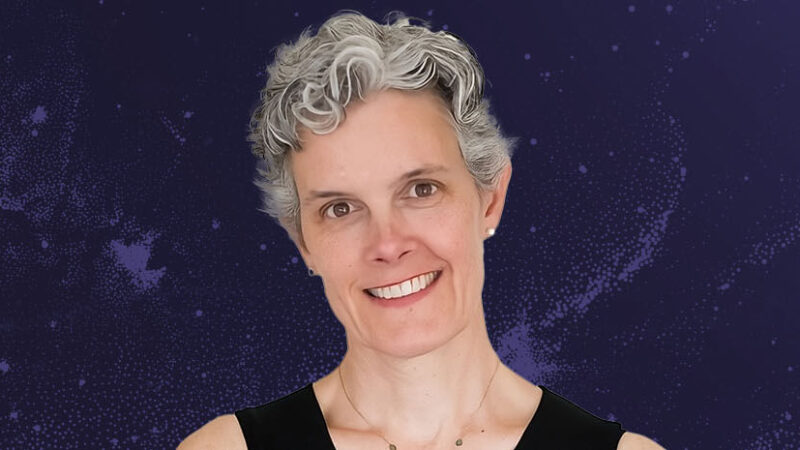Tapping is a simple form of energy psychology that can help you transform difficult emotions; overcome addiction, anxiety, or depression; change self-defeating habits; and more. Today, there are more than 175 peer-reviewed scientific studies supporting its efficacy. Yet despite 20 years of growing evidence, many people remain skeptical. In this podcast, Tami Simon speaks with the authors of the new book Tapping—Donna Eden and Dr. David Feinstein—about why the technique works and how to practice it successfully.
Listen in to this exciting, illuminating conversation on: energy medicine and the subfield of energy psychology; Thought Field Therapy and Emotional Freedom Techniques; how tapping produces such incredibly fast results; auras and chakras; acupressure points and piezoelectricity; the acceptance statement and other tapping protocols; breaking the cycle of inner judgment and negativity; the deep and authentic personal work tapping requires; subjective units of distress (SUDs) and the affect bridge; obstacles to change and psychological reversals; tapping as a tool for trauma healing; and more.
Note: This episode originally aired on Sounds True One, where these special episodes of Insights at the Edge are available to watch live on video with exclusive access to Q&As with our guests. Learn more at join.soundstrue.com.










